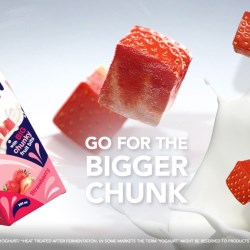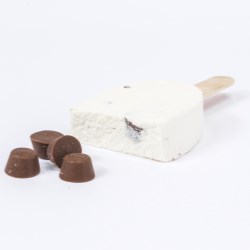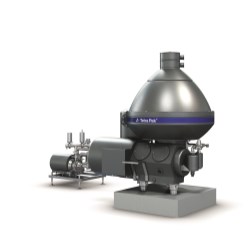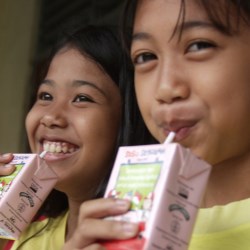If this is your company, CONTACT US to activate Packbase™ software to build your portal.
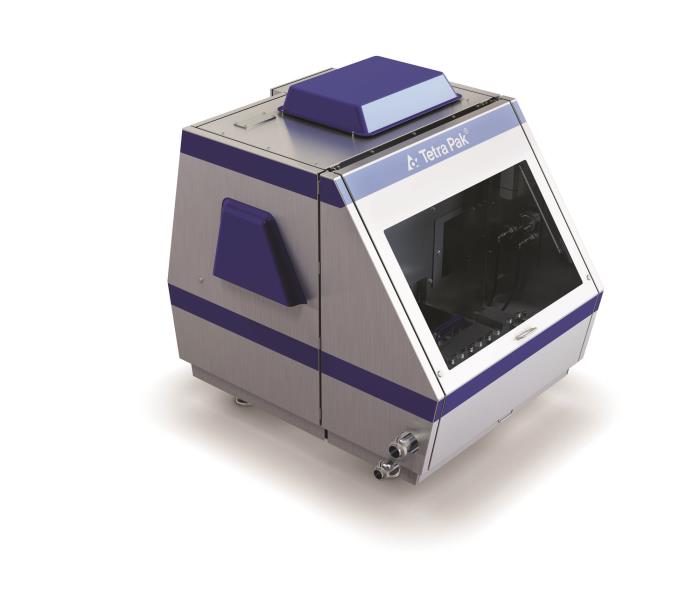

Smart automation has long since infiltrated our homes, with heating systems that turn on when they sense a drop in temperature, autonomous vacuum cleaners and washing machines we can operate with our mobile phones. However, when it comes to smart automation in food processing, for machines that can continuously produce thousands of litres of product an hour, the operation is significantly more complex.
Today, Tetra Pak is making a significant step forward in this space, with the launch of Tetra Pak Homogenizer 250, the world’s first digital homogenizer. Designed to meet the demands of medium capacity producers of batch and continuous products, it offers efficient homogenization of both low and high acid products including pasteurized milk, extended shelf life milk, beverages and more.
Tetra Pak has more than 90 years’ experience in the field of homogenization and has installed more than 7,000 homogenizers around the world. When designing this new machine, we wanted to help our customers achieve maximum uptime and consistent product quality at the lowest operational cost. To do this, we knew we needed to build a machine that would facilitate quick product changeovers, to support customers responding to increasing consumer demand for a wider range of ever more complex products.
Using smart automation, the homogenizer 250 unit allows you to simply select pre-programmed recipes so that customers can precisely control critical process parameters such as working pressure, temperature and flow rate. This ensures viscosity and particle size are tailored to the desired specification. In addition, smart automation acts as a second set of eyes, using sensors to detect leaks and continually monitor for deviations in pressure and excess vibration. This helps bring attention to instances when the machine requires servicing, which prevents unplanned stops while also guaranteeing optimum food safety.
There is an old English saying: “Take care of the pennies and the pounds will take care of themselves.” The new Tetra Pak Homogenizer 250 does just this by cutting daily costs by small – but significant amounts. For instance, using a unique piston design to boost the lifespan of the machine allows it to run at a lower RPM, without compromising capacity and efficiency. This results in substantial annual savings in operating and maintenance, so while the Tetra Pak Homogenizer 250 may cost a bit more to purchase than an alternative model, we are confident our customers will enjoy more savings in the long run.

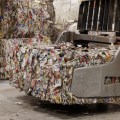
.png)


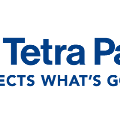
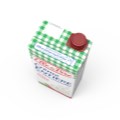
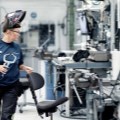


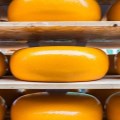
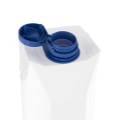
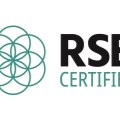





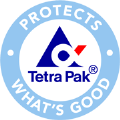
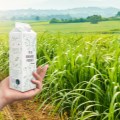
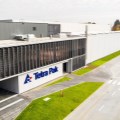


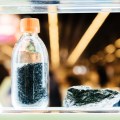
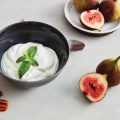


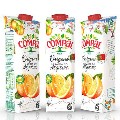

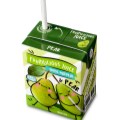


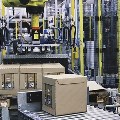




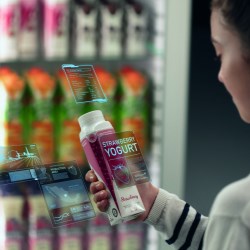


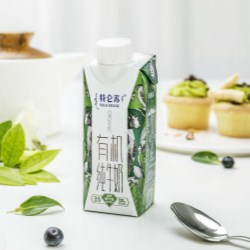

.jpg)
